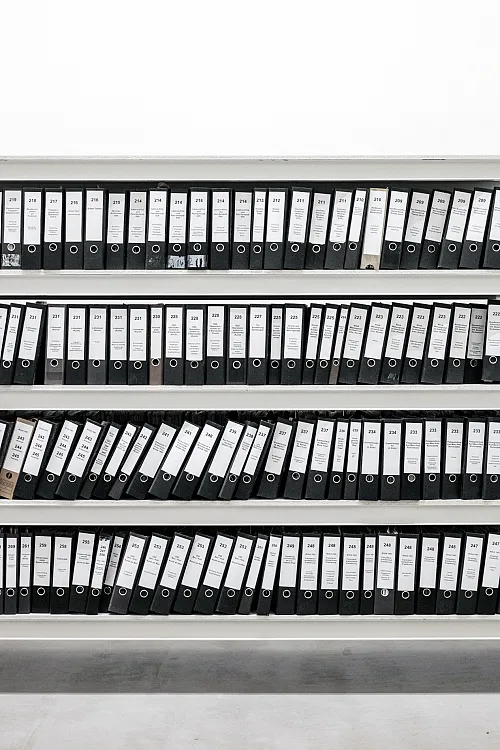Introduction
The State aid saga related to several Spanish football clubs is still alive and ongoing. This story follows a set of cases which ended up with the European Commission (EC) ordering the Spanish State in 2016 to recover almost EUR 50 million in alleged unlawful State aid granted to several national football clubs (Real Madrid, FC Barcelona, Athletic Bilbao, Atletico Osasuna, Valencia, Hercules and Elche).
More than half of the amount – EUR 30.2 million was to be recovered from Valencia, Hercules and Elche (case SA.36387). In the case of those clubs the alleged unlawful aid was related to loan guarantees granted to Valencia, Hercules and Elche by the Instituto Valenciano de Finanzas (Valencia Institute of Finance, “IVF”), a financial institution of the Generalitat Valenziana (regional government of Valencia). The EC considered that such aid gave those clubs an economic advantage over other clubs.
Interim measures before the EU General Court
Following the EC decision, which included a recovery order of the alleged unlawful aid granted to Valencia, Hercules and Elche, all the clubs appealed the decision before the General Court. In parallel, Valencia and Hercules requested the General Court interim measures to suspend the recovery of the alleged unlawful aid until the appeals of the EC decision were to be resolved (cases T-732/16 and T-766/16).
Both the clubs claimed that the immediate recovery of the aid would harm their financial situation.
Hercules added that such a recovery would lead to its liquidation, which in consequence would render impossible the club to participate in sport competitions, with consequences also to the organizers of those competitions and to other clubs participating the same. Further, it also claimed that the extinction of the club would generate social conflicts and economical losses to the region.
Valencia added that the immediate recovery of the alleged unlawful aid would highly and irreversibly modify its situation in the market of football clubs.
Both the requests were rejected by the General Court, as the court considered the parties failed to show that the recovery of the alleged unlawful aid would lead to irreparable harm and damage that would require interim measures.
The General Court first recalled that the requests must detail the circumstances and the facts that justify prima facie the urgent application of interim measures.
Regarding Hercules, the court noted that in order to assess the financial situation of an entity, one must look to the global resources of the entire group such entity is part of, including individuals that control the entity.
It also recalled that, in accordance with Hercules, the club invested in «quality players» which salaries exceeded its revenues and that the president of the club undertook before the La Liga to cover the deficit of Hercules with financial resources from private third-parties.
Hence, the General Court ruled that the club had enough means to face financial commitments exceeding its revenues, and also noted that since the club failed to provide information about its shareholders the General Court did not have enough information to assess its financial situation and therefore to assess the risk of financial harm and/or liquidation stemming from the immediate recovery of the alleged unlawful aid.
Regarding Valencia, the General Court considered that the club had a stable financial situation that allowed it to immediately to repay the aid at issue, including through credit lines made available by its majority shareholder. The court also mentioned that the impairment related to the repayment of the aid was reflected in the accounts of the club and Valencia has accounted for a provision to face such repayment.
Hence, the General Court ruled that Valencia failed to show that the immediate recovery would lead to serious and irreversible harm.
Comment
Sport is de facto special, accounting for millions of fans around the globe. But is not so special from a competition rules enforcement policy, including in the context of EU State aid rules, as this sector also falls under the application of such provisions.
In fact, taking into consideration the social relevance of sport, State authorities may be many times tempted to provide additional support to the sector. That is a really great and important purpose and not in itself illegal, provided that the relevant rules (which include competition provisions) are dully considered.
The EC had given and is still giving particular importance to the enforcement of competition rules in sport, notably on a State aid perspective, including aid to infrastructure and tax schemes, and direct and indirect support for sport’s entities (emphasizing the importance of professional football clubs: «From the State aid point of view, there is a significant risk that football clubs will increasingly apply for financial help to the national, regional, or local public authorities in order to be able to continue playing professional football»; see also the set of cases related to the application of State aid in football – SA.29769, SA.33754, SA.36387, SA.40168, SA.41613, SA.41614, SA.41617, among others).
Hence, particular care is required whenever public measures of financial or economic nature directed to sport are envisaged (which might include direct or indirect financial support, guarantees, tax or levies exemptions, transactions under non-market conditions, etc.), as such measures may potentially fall under EU State aid rules and, if illegal and not compatible with the internal market, be subject to recovery.
Particular care is required whenever public measures of financial or economic nature directed to sport are envisaged (which might include direct or indirect financial support, guarantees, tax or levies exemptions, transactions under non-market conditions, etc.), as such measures may potentially fall under State aid rules and, if illegal and not compatible with the internal market, be subject to recovery.



